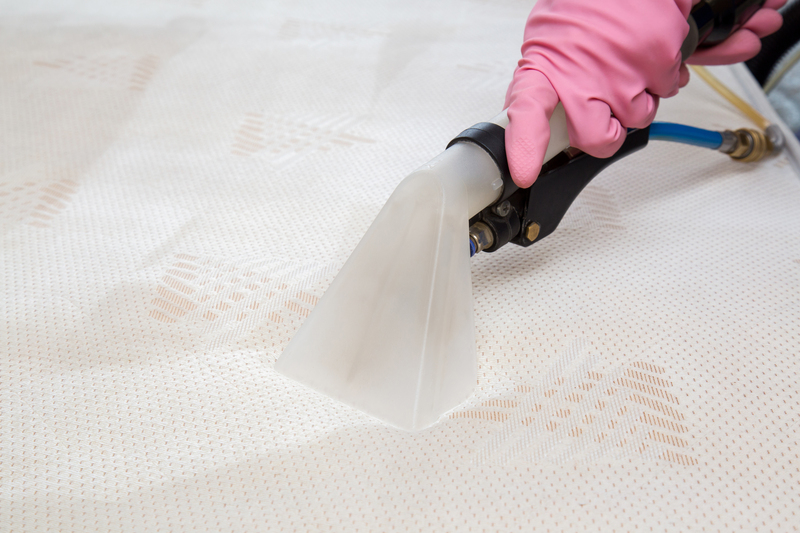Pets bring joy and companionship to our lives, but they can also bring unwanted odors. A clean and fresh-smelling pet house is essential for both the animal's comfort and the pet owner's peace of mind. In this article, we will delve into effective strategies for odor control to ensure your pet's living space remains pleasant. Read on for tips and tricks to manage odor in pet houses.
Understanding the Sources of Odor
Pet odors can originate from various sources, including urine, feces, saliva, and dander. Additionally, bacteria and fungi can thrive in damp, warm environments, exacerbating smells. Identifying the primary sources of the odor is the first step in tackling the problem.

Regular Cleaning
Regular cleaning is paramount in controlling pet house odors. Establish a cleaning routine that includes weekly washing of bedding, sweeping, and mopping the floors. Use pet-friendly detergents that are designed to neutralize pet odors effectively.
Ventilation
Proper ventilation is crucial in reducing odors. Ensure that the pet house has ample airflow to allow fresh air to circulate. This can be achieved by opening windows, installing fans, or using air purifiers. Good ventilation helps to dissipate foul smells and maintain a fresher environment.
Neutralizing Odors
Using odor neutralizers such as baking soda, vinegar, or charcoal can significantly reduce smells. Baking soda can be sprinkled on carpets and bedding, then vacuumed after a few hours. Vinegar can be used to clean surfaces and will neutralize urine odors. Charcoal air purifiers can be placed around the pet house to absorb smells over time.
Diet and Hygiene
A pet's diet can influence their odor. Feeding your pet high-quality food can reduce the intensity of their natural odors. Maintaining your pet's hygiene by regularly bathing and grooming them will also minimize the buildup of dander and oils that contribute to the smell.
Using Deodorizers
There are various pet-safe deodorizers available that can mask or neutralize odors. Look for products that are non-toxic and designed specifically for use around pets. Regularly applying these deodorizers can help keep the pet house smelling fresh.
Bedding and Litter Box Management
Frequently changing and washing your pet's bedding will reduce odors significantly. For pets that use litter boxes, ensure that they are cleaned daily and use high-quality, odor-controlling litter. Consider using litter box liners or mats to manage spills and make cleaning easier.
Addressing Health Issues
If your pet's odor is excessively strong or unusual, it may be a sign of an underlying health issue. Consult your veterinarian to rule out any medical problems that could be contributing to the smell.
Pros and Cons of Odor Control Methods
Pros:
- A clean and fresh environment benefits both pets and owners.
- Improved air quality reduces the risk of respiratory issues.
- Regular cleaning and maintenance promote good health for pets.
- Odor control techniques are generally cost-effective.
Cons:
- Time-consuming to maintain regular cleaning schedules.
- Potential for pet safe products to be less effective than harsh chemicals.
- Some odor control products may require trial and error to find the right one.
Tips for Effective Odor Control
Here are some additional tips to keep in mind:
- Use enzyme-based cleaners for urine spots as they break down organic materials and eliminate odors.
- Keep your pet's nails trimmed to prevent scratching and damage to floors and furniture, which can harbor odors.
- Consider an air purifier equipped with a HEPA filter to reduce allergens and pet dander.
- Ensure that your pet is regularly checked by a vet to avoid any underlying health issues contributing to the odor.

Takeaways
Odor control in pet houses requires a combination of regular cleaning, proper ventilation, diet management, and the use of odor-neutralizing products. A proactive approach ensures a healthy and pleasant living environment for both you and your furry friends.
Conclusion
Maintaining a fresh and clean pet house is achievable through consistent cleaning, appropriate products, and attention to detail. By implementing these tips and strategies, you can effectively manage pet odors and provide a comfortable living space for your pet. A clean environment also ensures the well-being of your pet and enhances the overall quality of life for everyone in the household.



